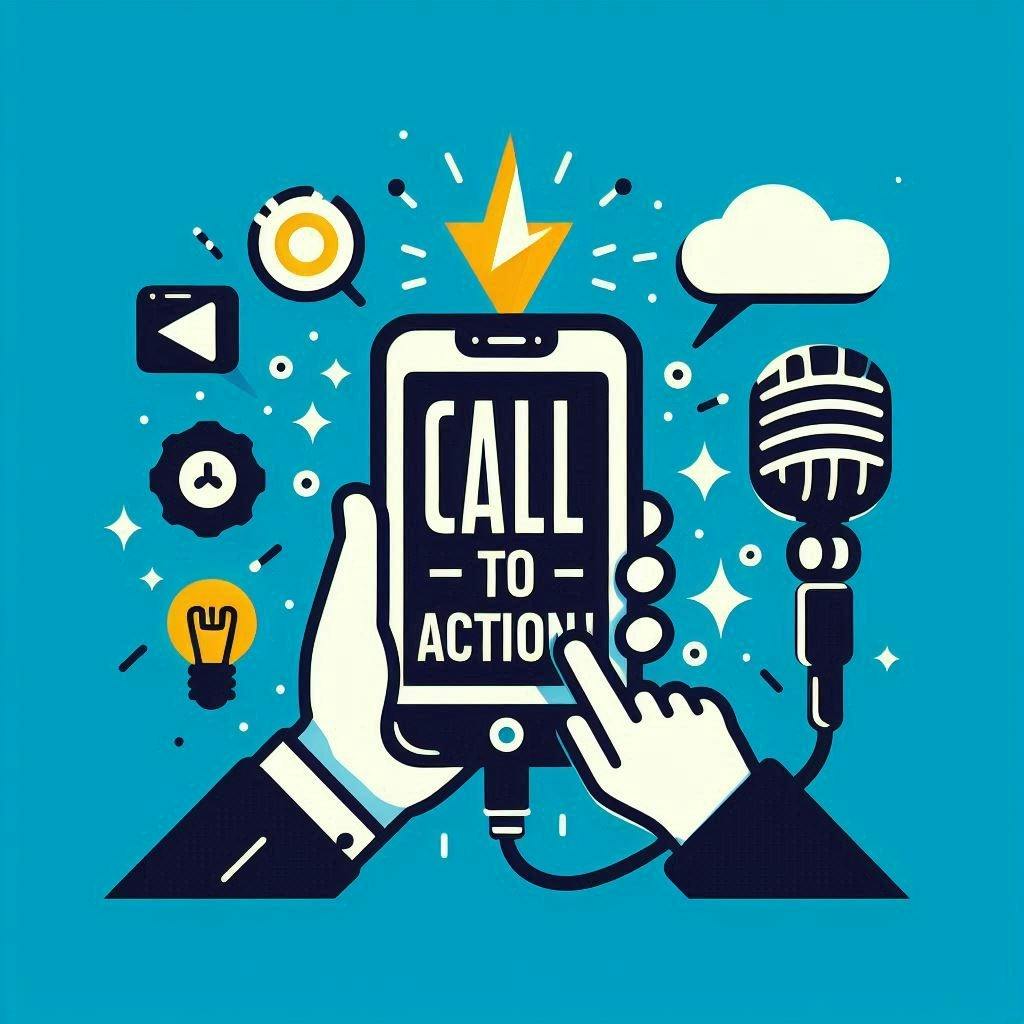551 reads
Master the Art of High-Performing CTAs Even If You Aren't a CRO Expert
by
July 19th, 2024
Audio Presented by

Apart from reading crime novels, the rest of the time I enjoy writing copy and tearing down great website pages.
About Author
Apart from reading crime novels, the rest of the time I enjoy writing copy and tearing down great website pages.
